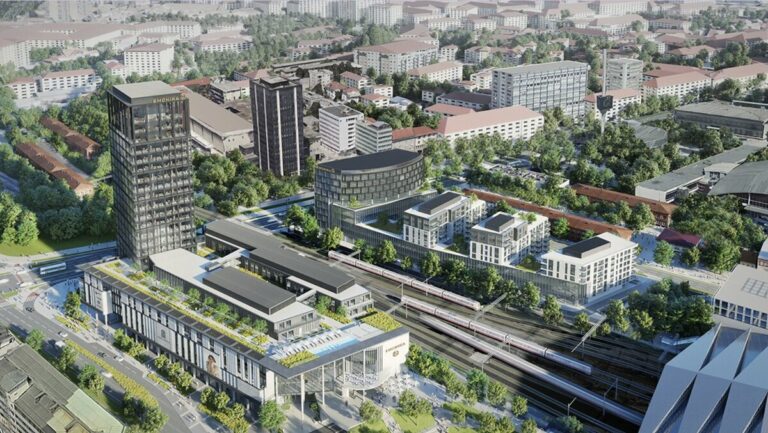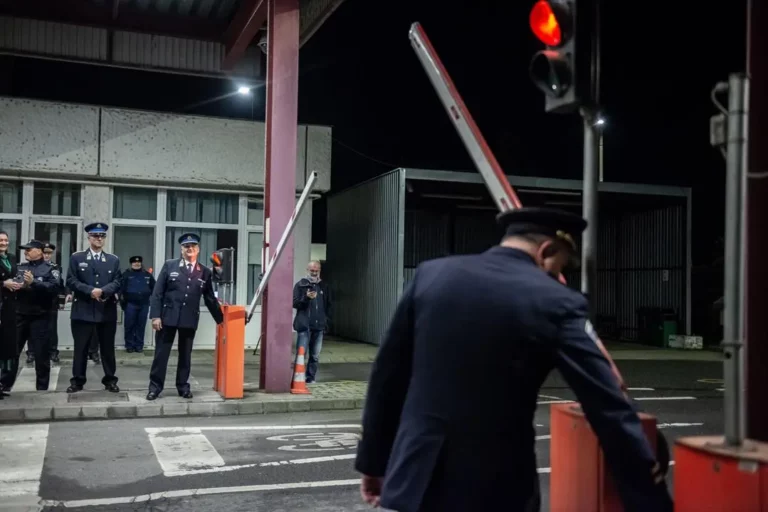Slovenia
Hungary-Slovenia border crossing closed due to severe weather and fallen trees

Hungary’s smallest neighbour boldly defies Trump’s will on Greenland

Hungary-Slovenia border crossings closed for snowfall, kids rescued from burning car at border crossing

Hungarian firm to supply Slovenian railways with new Intercity trains

Croatian climbers died after terrible avalanche

Hungary signs deal with neighbours to attract more investment

Outrageous: Hungarian battery recycling plant launched trial run despite lacking permits

5 traditional dishes that define the Carpathian Basin’s culinary heritage – PHOTOS

Hungary’s neighbour 1st European country to ban arms trade with Israel

Hungarian OTP breaks ground on Slovenia’s largest real estate project

How do Hungary’s neighbours see the country? New survey reveals surprising trends

Tragedy in the Kamnik Alps: Hungarian hikers’ trek turns fatal – PHOTOS, VIDEO

Drama in the Alps: Hungarian hiker rescued, urgent search for missing partner – picture, video

Breaking: Slovenia tightens border controls with Hungary and Croatia

Hungary-Slovenia mixed committee held in Ljubljana

Hungary and Slovenia’s foreign ministers hold key talks on bilateral and regional issues

End of Schengen at Hungary’s borders? Here’s Slovenia’s unforeseen decision

Fuel in Hungary: Is it still worth going abroad to fill up?





 ZH
ZH IT
IT DE
DE HR
HR NL
NL FR
FR JA
JA RO
RO RU
RU ES
ES TR
TR
